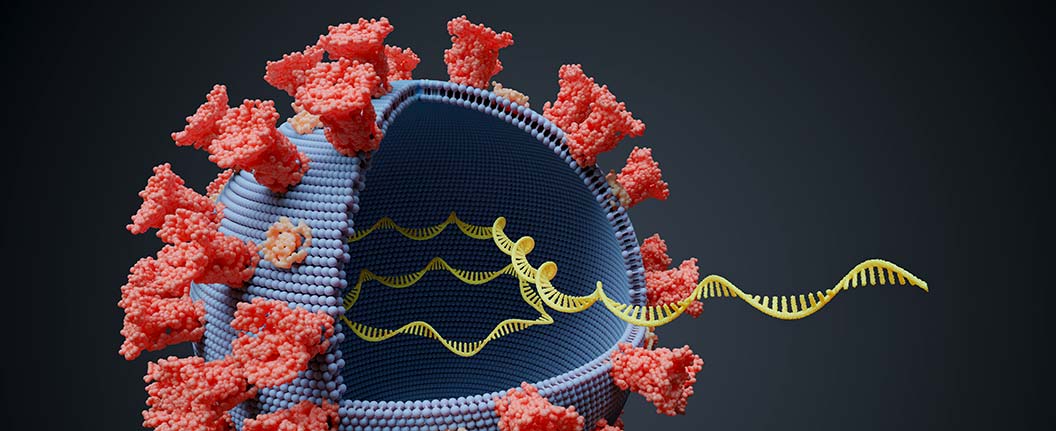A few days ago, a letter was published in a major academic journal. It should have been ground-breaking, but it hardly registered a blip on the media radar.
It was a letter from Dr. Jeffrey Sachs, written in the Proceedings of the National Academy of Sciences, calling for an independent investigation into the origins of COVID-19. He claims the evidence for a lab leak hypothesis is overwhelming and that many academic institutions already possess the evidence to verify as much.
Most notably, he calls out the implausibility of the COVID-19 mutation. What is known as a frame-shift mutation, in which a sequence of eight consecutive amino acids on a critical part of the virus’s spike protein is identical to an amino acid sequence found in cells that line human airways. This is rare enough. But it goes from rare to suspicious when you consider that this mutation is the same one proposed in a 2018 federal grant proposal to DARPA (Defense Advanced Research Projects Agency) by EcoHealth Alliance, the company performing gain-of-function research in Wuhan, China.
People can be forgiven for being incredulous of the notion that the virus mutated naturally. We have a rare mutation sparking a frame-shift mutation in amino acids that led to a pandemic; and it also happens to be the same mutation proposed in a federal research grant just a year prior? Certainly, this suggests there is at least the possibility that the mutation was man-made. But we have already witnessed the whiplash from the powers that be in giving credence to any thought of a lab leak hypothesis.
Even the Chinese government has prevented any major investigation in or around the town of Wuhan where COVID-19 originated. Why the silence? It does nothing to silence the debate. It only makes the suspicions grow stronger.
It highlights a concerning trend in public policy. Instead of debates, we attack those who do not agree with us. Instead of challenging the issue or prevailing scientific notion, we challenge those who present with countervailing points. Any disagreement is an instant battle of wills.
It is hard to pinpoint when this began. Most assume it started during the pandemic. Actually, it began far earlier. Some say political polarizations began in the 90’s and has only escalated since then. But how health policy become polarized is less about political polarization itself, and more about how politics crept into policy – and not just any policy, but health policy.
Some say it began in the 80’s, when politicians began tinkering with health insurance policies. But for the most part, most think it began with the Affordable Care Act, the policy that became a modern-day referendum on political allegiances. As soon as the law passed, it was challenged, and litigated, and then challenged some more.
It quickly became the rallying cry to either support or attack President Obama. The partisan structure of debate on the issue mirrored more of an electoral competition between Republicans and Democrats than a traditional situation of interest group politics. Soon enough, politicians began campaigning on the issue.
Once it became a voting issue, it divided along those lines. Now there is no room for debate. We simply posture a pre-existing position and select data that supports what we think – until what we believe is all that there is to believe.
This is why we will never have a meaningful investigation into the origins of COVID-19. Healthcare has become a voting issue, and no one votes for a compromise.
Just ask President Trump, who even years after he lost the 2020 presidential election, refuses to acknowledge defeat – and his voters love him for it.
It seems years after this pandemic takes its toll, we will continue to see the same grandstanding among scientists and politicians. Time will sadly do little to ease the existing tension. And we will continue to fight and litigate data, mutation probabilities, and find even more conspiracies. Each side on the matter will remain unwilling to recant even a modicum of ground since compromise is considered weakness.
And voters never support weakness. Just ask Trump. Actually, just ask Antony Fauci, MD.















